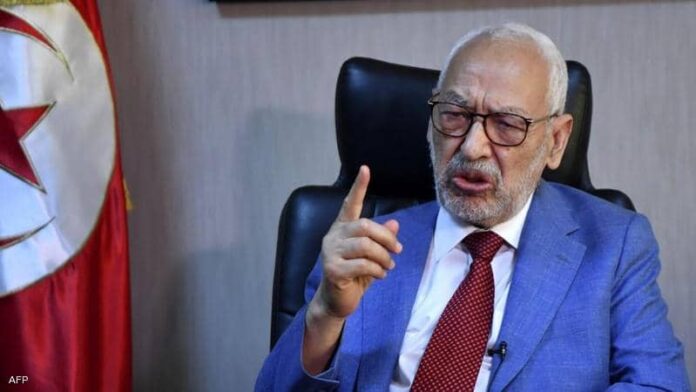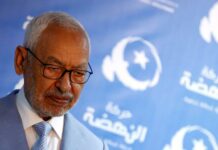The office of the Ennahda Movement stressed that the 2014 constitution represented a social contract and met with great consensus and popular approval, and was the fruit of the national dialogue that raised Tunisia’s status high by obtaining the Nobel Prize, noting that the mechanisms for amending the constitution are from within it, with a participatory process and a required consensus among all political parties and civil society representatives.
The Ennahda movement stressed that “there is no solution to get out of the complex crisis except through a comprehensive national dialogue and the dedication of the principle of participation in building a new scene that achieves the desired political stability, and an environment conducive to the implementation of major reforms, in a way that opens a political horizon for the country and returns power to the sovereign people.”
It also renewed its rejection of all restrictions on public and personal freedoms, the military trial of civilians, the situation under house arrest, and the violation of freedom of movement without judicial permission, which affected a significant number of political actors, MPs, businessmen, cadres in the Tunisian administration and others, denouncing defamation and slander campaigns against a number of public figures, especially on social media, by those who claim to be supporters of the president.











